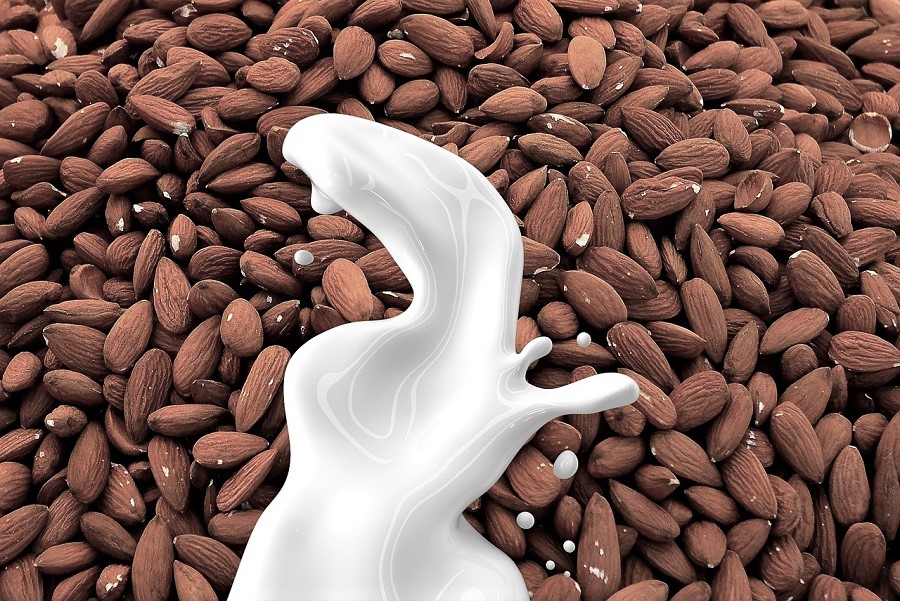Plant-based drinks cannot replace milk

Plant-based drinks are not a suitable alternative to milk, as they have very different nutrient compositions. This finding comes from a new study by the Danish Food Institute, which mapped the nutrient content of oat, soy, rice, and almond drinks. According to the results, plant-based drinks are clearly a different type of food than milk, with lower nutritional content.
Researchers from the National Food Institute of the Technical University of Denmark, DTU, analysed vegetable substitutes on the Danish market, with and without added minerals and vitamins, such as calcium, iodine, riboflavin, vitamin D2, and vitamin B12. The study collected 75 samples of nine plant-based drinks and analysed them for macro- and micronutrient content (including amino acids, sugars, vitamins and minerals). According to their results, the nutrient content of these vegetable drinks varies and differs from milk, essentially constituting two different food groups that do not cover the same nutritional needs.
In general, milk has a greater nutritional content than plant-based drinks when it comes to calcium, phosphorus, magnesium, zinc, potassium and iodine. Even in plant-based drinks with added calcium, the calcium content was lower than in milk. Tthe vitamin content is also lower in plant-based drinks than in milk, except for vitamin E.
These findings are interesting as consumption of plant-based drinks has grown in recent years, with total sales increasing fivefold from 2014 to 2019, from 72 million Danish kroner per year to 277 million. This may be due to the perception that plant-based drinks are healthier than animal milk, regardless of lactose intolerance or cow’s milk allergies. Or it may be down to a desire to reduce consumption of animal products and live a more vegan lifestyle, based on a somewhat unfounded belief that it is more sustainable.
Dairy products are very important in the Danish diet, contributing more than 10% of the total protein and micronutrients intake, such as riboflavin (vitamin B2), cobalamin (vitamin B12), calcium, phosphorus, magnesium, zinc, iodine and potassium. Not only are plant-based drinks less nutritious, but they also contain arsenic, a highly toxic substance in its inorganic form. Arsenic can be found in contaminated water used for drinking, food preparation and irrigation of food crops, posing a great threat to public health. It was found in rice drinks with 1.5-1.8 μg of arsenic per 100 g.
The analytical result is comparable to that reported for samples taken in 2009-2010, which was 2.2 µg per 100 g. The previous study also analysed the amount of inorganic arsenic, 2.0 µg per 100 g. This means that 80-90% of the arsenic measured was inorganic. Also, less than 0.5 µg of arsenic per 100 g was found in oat, soy and almond drinks. Inorganic arsenic is carcinogenic; long-term exposure can cause cancer and skin lesions. It has also been associated with cardiovascular disease and diabetes. In-utero and early childhood exposure have been linked to negative impacts on cognitive development and increased deaths in young adults.
The EU maximum residue limits for the substance are 30 μg/l. For this reason, the Danish Veterinary and Food Administration, DVFA, and the European Food Safety Authority, EFSA, recommend a limited consumption of rice drinks for adults. In contrast, rice drinks should be completely avoided for children. Cow’s milk remains the best option for children and adults to meet the nutritional requirements of high-quality protein, B vitamins, vitamins A and D, calcium, minerals and essential nutrients, helping to make strong bones, preventing osteoporosis and having good general health.